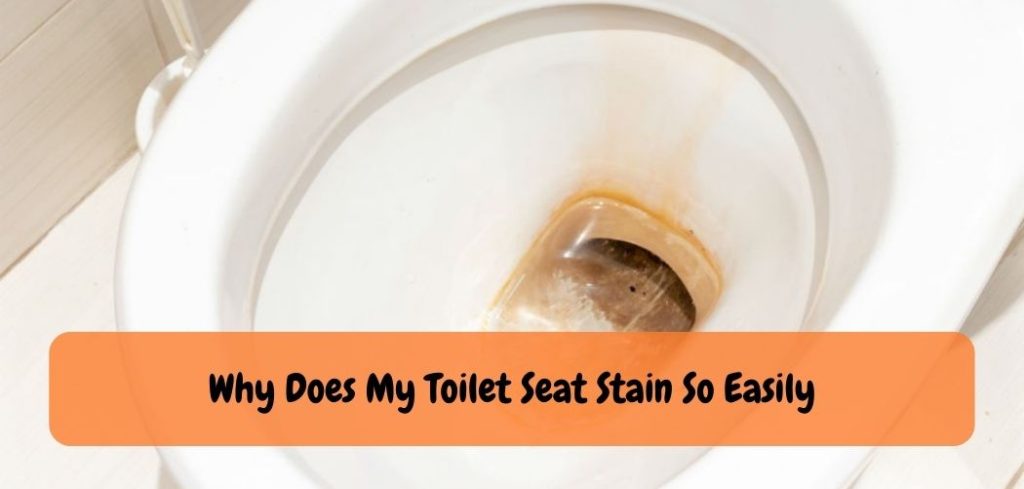Say Goodbye to Stubborn Toilet Stains – Easy Tips Revealed!
Toilet seat stains easily due to surface pitting or scratches that trap dirt and bacteria. It is important to regularly […]
Say Goodbye to Stubborn Toilet Stains – Easy Tips Revealed! Read More »


